Tanzania
Tanzanian on Wednesday said it would clamp down on "illegal immigrants" in the northern town of Loliondo, suspecting that Kenyan Maasai were crossing the border to help the local community as opposed to the creation of a nature reserve.
The Maasai herders of Loliondo are opposed to the Tanzanian authorities, who they accuse of wanting to expel them from part of their historic habitat area to make it a safari and private hunting area.
The government denies this and simply says it wants to protect 1,500 km2 of the 4,000 km2 of this area between the border with Kenya, the Serengeti Park and the Ngorongoro Nature Reserve from human activity.
The installation of "beacons" demarcating these 1,500 km2 led to clashes on 10 June, resulting in the death of a police officer.
"Following the directives of the interior minister, we will conduct a special operation for ten days against illegal immigrants around Loliondo and in the Ngorongoro district as a whole," the commissioner-general for immigration, Anna Makakala, said on Wednesday.
Home Affairs Minister Hamad Masauni last week called for tough measures to curb "the influx of illegal immigrants, most of whom have driven their herds into the Loliondo protected area".
The Maasai community straddles Kenya and Tanzania, and the government suspects Kenyans of coming to help opponents of the government project.
Twenty Maasai have been charged after a policeman was killed in clashes on 10 June, which also left 30 opponents injured after security forces fired live ammunition, according to UN experts.
The marking operation is over, Tourism Minister Pindi Chana and Arusha Regional Prefect John Mongella announced on Wednesday.
Local activists and human rights NGOs have denounced the government's operations in Loliondo.
Amnesty International has called them an "illegal forced eviction", "shocking both in its scale and brutality".
The opponents have taken the case to the East African Court of Justice, which announced that it's ruling, expected on Wednesday, would be postponed to a later date "due to unavoidable circumstances", without giving further details.
In 2009, thousands of Maasai families were displaced from Loliondo to allow an Emirati safari company, Ortelo Business Corporation, to run hunting expeditions there.



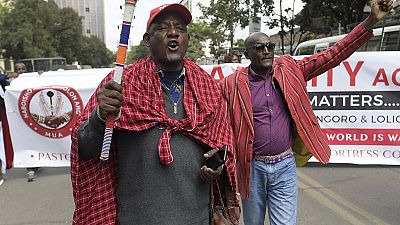

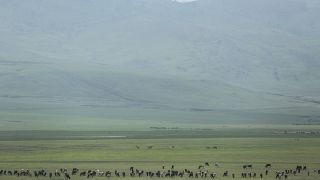
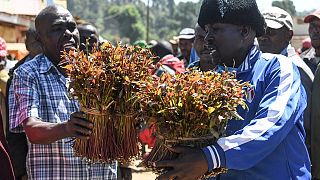
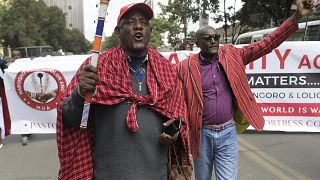





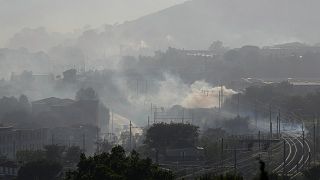
Go to video
First Malaria treatment for babies approved
Go to video
AI videos falsely show Kenyan President resigning following deadly protests
01:24
French parliament votes to return sacred "talking drum" to Ivory Coast
02:16
Kenya's William Ruto faces growing discontent over economy and police brutality
00:28
Nairobi hawker shot at close range by police declared brain dead
01:50
Faith Kipyegon falls short of historic sub-four minute mile but vows to keep pushing